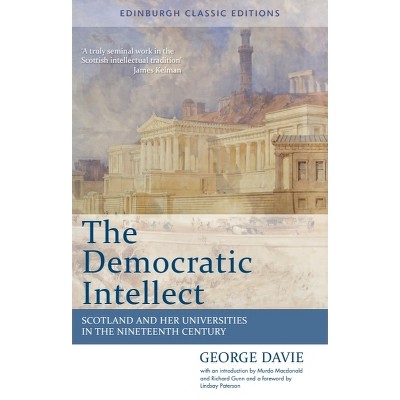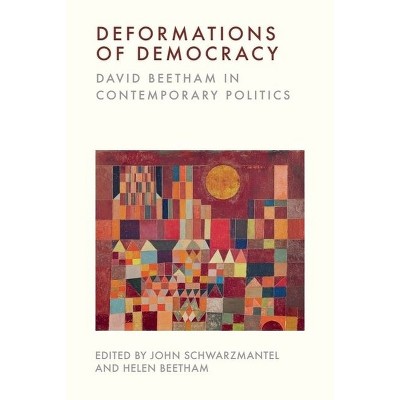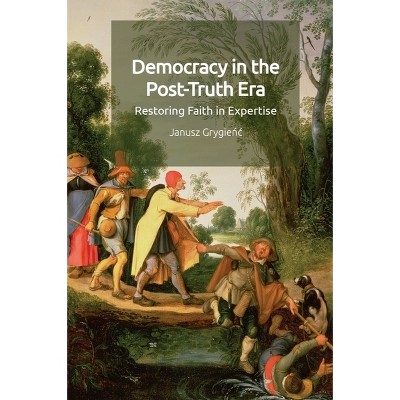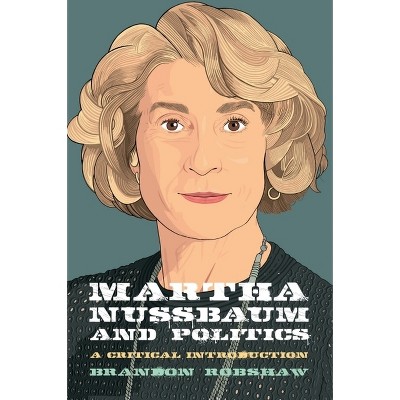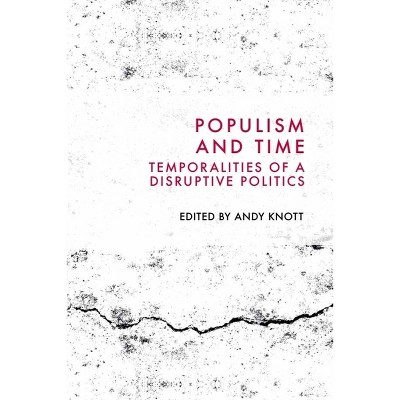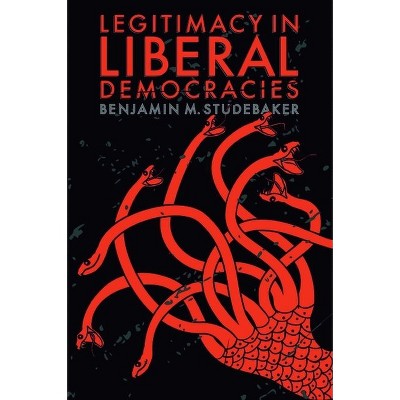Sponsored

The Arab Lefts - by Laure Guirguis (Paperback)
In Stock
Sponsored
About this item
Highlights
- The Arab Radical Left explores the entangled histories of Left-wing trends across the Mashreq and Maghreb regions in the 'Long Sixties'.
- About the Author: Laure Guirguis is Associate Professor - AIAS-COFUND Fellow at Aarhus Institute of Advanced Studies (AIAS) and Associate Researcher at the Institute for Research on the Arab and Muslim World (IREMAM, Aix-en-Provence).
- 312 Pages
- Political Science, Political Ideologies
Description
About the Book
Based on an analysis of textual and audio-visual materials, the book surveys radical Left traditions in the Arab world that took shape between the 1950s and 1970s.
Book Synopsis
The Arab Radical Left explores the entangled histories of Left-wing trends across the Mashreq and Maghreb regions in the 'Long Sixties'. Based on an analysis of textual and audio-visual materials, it surveys radical Left traditions in the Arab world that took shape between the 1950s and 1970s.
The book is divided into three thematic parts that are compiled of case studies utilising a multitude of perspectives in political theory, history, literary studies and sociology. In the first part, the authors study revolutionary circulations of men, representations, and know-how. The second part is devoted to interrogating the multifaceted tensions between local, regional, and global challenges. The final part scrutinises the transformations of political subjectivities and invites reflection on the general shift from a revolutionary configuration of temporality to the closure of time - and the so-called 'Left Melancholy'. The result is a balanced account of Left-wing revolutionaries that provides new insights into the history of the Middle East as well as contemporary radicalisation processes and authoritarian rules.
From the Back Cover
Explores the entangled histories of left-wing movements across the Arab world, Europe and Afro-Asian areas of resistance Relocating the Arab Left in transnational dynamics and revolutionary networks, this book examines the circulation of people, symbols, and ideas between the Arab world, Europe and Afro-Asian areas of resistance. Based on an analysis of textual and audio-visual materials, this book sheds light on the resilience of Arab radical and democratic traditions that took shape despite local and global wars, state coercion, neo-liberal globalisation and repeated failures. Interrogating commonly accepted categories - in particular the category of 'Left' - the collection also invites reflection on how a re-engagement with the 'Long Sixties' relates to today's political landscape and conception of history and temporality. - A transnational history of the Arab Left, this book opens new avenues for research on the Cold War, the Sixties and national emancipation struggles - Features an interdisciplinary team of scholars that bring into conversation a wide range of concerns including radicalisation processes, revolutionary hopes, neoliberal globalisation, Islam and the Left, the legacy of Marxism, communism and left-wing politics in general - Examines the interventions of a wide range of leftist parties and groups in the Middle East, including the Syrian Baath Party, League for Combating Zionism, Israeli Communist Party (MAKI), Syrian-Lebanese Communist Party, Tunisian Communist Party, Egyptian Communist Workers' Party, Socialist Lebanon and the Organisation of the Communist Action in Lebanon - Traces the political involvement of Arab Left figures such as Khaled Bakdash, Mahdi Ben Barka, Clovis Maksoud, Husayn Muruwwah and Khalid Ahmad Zaki Laure Guirguis is Associate Professor and Research Fellow at the Aarhus Institute of Advanced Studies (AIAS) and Associate Researcher at the Institute for Research on the Arab and Muslim World (IREMAM, Aix-en-Provence).About the Author
Laure Guirguis is Associate Professor - AIAS-COFUND Fellow at Aarhus Institute of Advanced Studies (AIAS) and Associate Researcher at the Institute for Research on the Arab and Muslim World (IREMAM, Aix-en-Provence). She is a historian who works on political violence, revolutionary dynamics and identity politics in the Arab world. She is the author of Copts and the Security State: Violence, Coercion and Sectarianism in Contemporary Egypt (Stanford UP, 2016) and of a forthcoming book on the New Left in the Arab East (in preparation, 2021).







